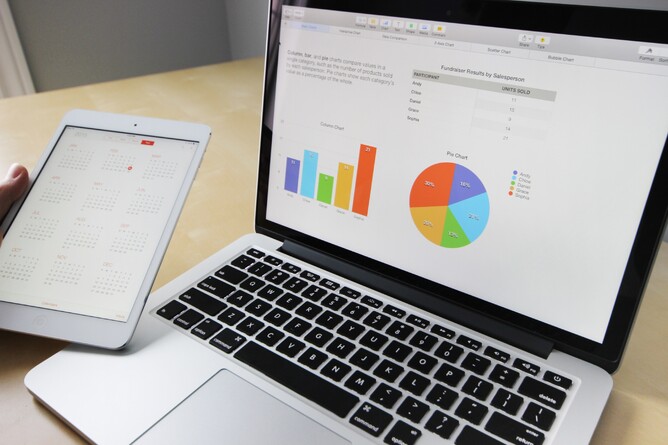The adult minimum wage rate will increase $1.20 from $17.70 to $18.90 per hour on 1 April 2020.
The starting-out and training minimum wage rates will increase 96 cents from $14.16 to $15.12 per hour, and will remain at 80% of the adult rate.
The minimum wage increase is occurring while New Zealand is at COVID-19 Alert Level 4. We understand businesses may have challenges updating their payroll systems, or are facing financial difficulties and are using the Government’s Wage Subsidy Scheme. This guidance is for employers and employees to understand their rights and responsibilities regarding the minimum wage. If employers are unable to process the change, pay can be backdated when they can.
People who work must be paid at least the minimum wage for the work they do
During the lockdown, businesses must still pay workers for the work they do. This means employees—regardless of whether they are working from home, or from premises to do essential work—must be paid at least the new minimum wage for each hour they work.
However, employers may be affected by the lockdown requirements and other impacts of COVID-19 and some may not be able to action the increase immediately, while also complying with lockdown requirements
If a business can’t process the increase, it should be backdated when they can
Some business may not be able to process the raise due to the Level 4 lockdown. If employers cannot process the raise in time, we encourage them to openly and honestly communicate with their employees.
Employers should process the increase as soon as they are able to do so safely and in compliance with any COVID-19 restrictions in place. Employers will need to pay employees back for any hours that were worked, but for which the required pay rate could not be processed at the time.
Example: Mike is a proof reader who is able to work from home. He earns the minimum wage. His employer cannot access the office to update the payroll system. When the lockdown is lifted, Mike will receive backdated pay of $1.20 for each hour he worked since 1 April 2020.
If no work is being performed, the Government’s wage subsidy is there to support workers
Many businesses will be accessing the Government’s Wage Subsidy Scheme, which supports employers and their staff to maintain employment arrangements and guarantee some income for affected employees, even if the employee is unable to work during this period.
The Government requires businesses to retain the workers they receive the subsidy for, and if possible to pay at least 80% of their pre-COVID-19 income. For workers on the minimum wage, this means they could receive less pay than previously did, even when the minimum wage has increased. This is because there is no requirement for employers to pay the minimum wage, if no work is being performed.
Example: Denise is a labourer on the minimum wage, and normally works 45 hours a week. She cannot work during the lockdown, and her employer is not earning any revenue. She expected her weekly wage to increase from $796.50 to $850.50 from 1 April 2020. Her company is able to pay her 80% of her pre-COVID-19 income - $637.20 per week – and this doesn’t change when the minimum wage increases. Denise will begin earning the minimum wage if she begins working again for the company after the lockdown.
The Government’s Wage Subsidy Scheme requires businesses to pay their employees at least 80% of their pre-COVID-19 income, if possible. However, many businesses will not be able to pay that much, with no income coming in. At a minimum, in most cases, businesses must pass on the full subsidy to their employees.
read the full article here




